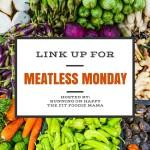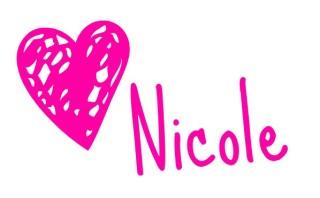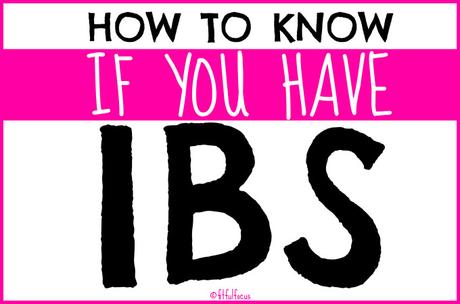 This post is sponsored by Dr. Jessica Shepherd & Symbiotics.
This post is sponsored by Dr. Jessica Shepherd & Symbiotics. I realize it's only Monday, and while I usually like to ease into the week with a fun recipe (I'm looking at you Healthy Homemade Gummy Bears), today I'd like to talk about something a little more serious: my Irritable Bowel Syndrome (IBS).
IBS is one of the most common functional gastrointestinal disorders worldwide. Symptoms include abdominal pain (got that), change in bowel habits (yup), bloating (got that big time) and incomplete defecation ( mmmm lovely).
When I was diagnosed with all of my food allergies, my gastroenterologist said it's likely I also have IBS. I took some medication for a while before deciding that I really didn't want to be on antibiotics my whole life or take pills before every bite of food. I'd rather just clean up my diet as best I could and deal with it.
I've done just that. I have eliminated everything that contains my allergens, and even made Allergy Cards to help stay safe while I'm out to eat.
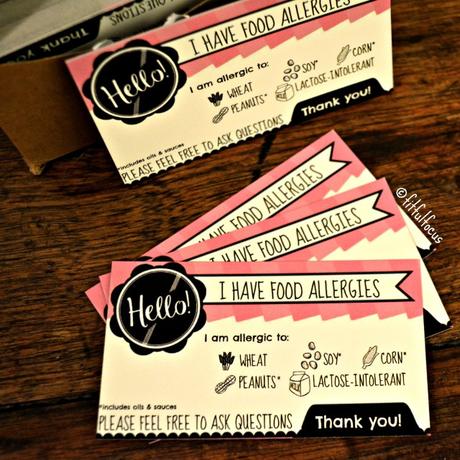
While not eating peanuts, wheat, soy, corn and anything with lactose has certainly helped, there are days, even weeks, where it doesn't matter what I eat. Some days I still get terrible bloating, stomach distention and discomfort. There are days where, as I'm getting dressed, I ho and hum over what to wear because I don't know if I'll be uncomfortable in should my IBS strike and decide to make me look 5 months pregnant. Sometimes I get constipated and other days I have diarrhea. (Yup. Things are getting real around here.)
All of these tummy troubles were a big reason I wanted to try the Paleo Diet. While that diet certainly seemed to help alleviate my consistent discomfort, I still suffered at times. Some days it gets so bad that I just don't want to do anything. I feel so uncomfortable and so self-conscious, that I just want to lay around in oversized sweats all day long and succumb to my misery.
I haven't really discussed this in detail here on the blog because, to be honest, I don't like thinking about it. So, why talk about it now?
Well, April just happens to be IBS Awareness Month. I figured some of you may be suffering from a lot of the same symptoms I have and may not know what is causing them or how to help alleviate them, so I've partnered up with Dr. Jessica Shepherd, a women's health expert, OB/GYN at the University of Illinois at Chicago and ambassador for Symbiotics and - a leader in immune health - to share some tips and tricks to helping to determine if you have IBS and what to do once you've been officially diagnosed.
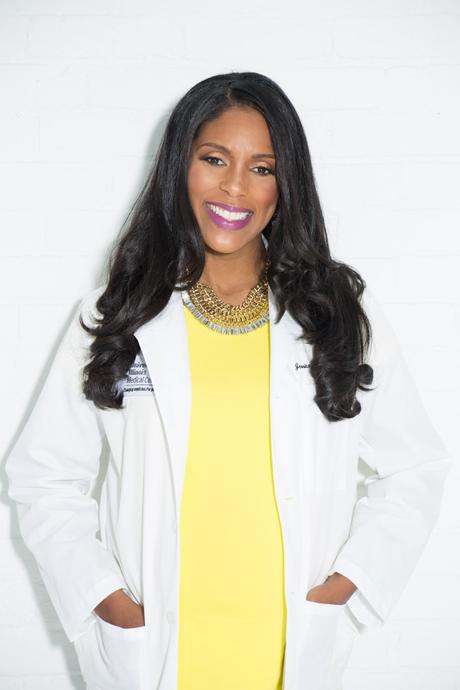
First, it's important to realize that IBS is often under diagnosed and overlooked because it is similar to other disorders, such as lactose intolerance and gluten sensitivity, so it's particularly important to look out for the symptoms and tell your doctor if you are experiencing them to get a proper diagnosis. Also, ladies, IBS is more common for us (just one more way being a guy is totally easier, mmmIright?!).
Anywho, here's what you should look out for.
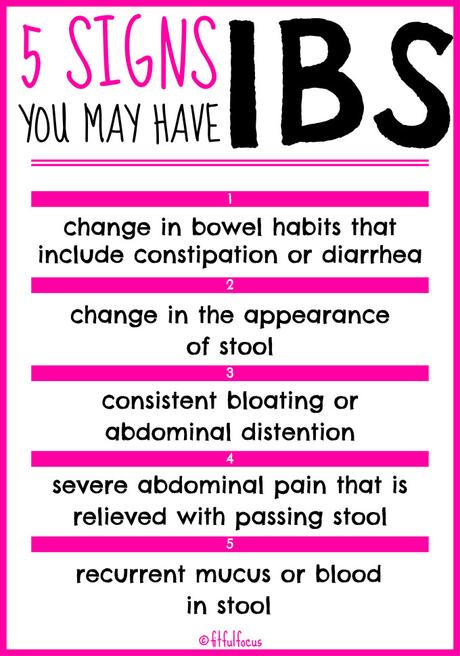
- change in bowel habits that include constipation or diarrhea
- change in the appearance of stool
- consistent bloating or abdominal distention
- severe abdominal pain that is relieved with passing stool
- recurrent mucus or blood in stool
If these ring off all the alarm bells, it may be time to head to the doc. A diagnosis is usually made after an individual has three months of recurrent abdominal pain that is present for at least three days per month and also two of the following three symptoms: relief with defecation, onset of symptoms with a change of stool consistency and stool frequency without any obvious biochemical abnormalities or morphological changes (how's that for science speak?). Of course, these changes should always be discussed with a healthcare provider so that the appropriate management can be done.
Once you're diagnosed, what can you do about it? While there is no known cure for IBS, there are steps you can take to help relieve symptoms and help with your overall digestive health. Here are Dr. Shepherd's tips.
Ways To Help Relieve IBS Symptoms:
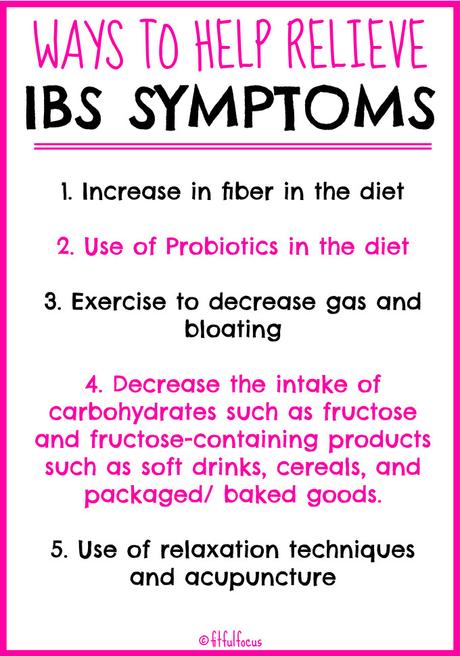
- Increase in fiber in the diet
- Use of Probiotics in the diet
- Exercise to decrease gas and bloating
- Decrease the intake of carbohydrates such as fructose and fructose-containing products such as soft drinks, cereals, and packaged/ baked goods.
- Use of relaxation techniques and acupuncture
The great doc has also shared one of her favorite IBS-relieving smoothie recipes. I'm totally going to give this a try (sans cilantro - because you all know how I feel about cilantro...)
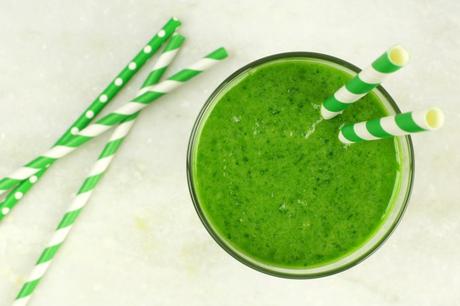
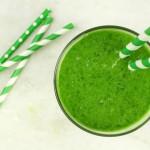
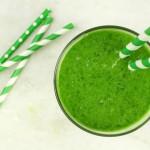
This April, if you suffer from symptoms that may be from IBS, visit your doctor and also help to raise awareness for IBS.
Let's Chat:
Do you suffer from or think you may suffer from IBS?
Those that have IBS, how do you help relieve your symptoms?
This post is linked up with Meatless Mondays.

